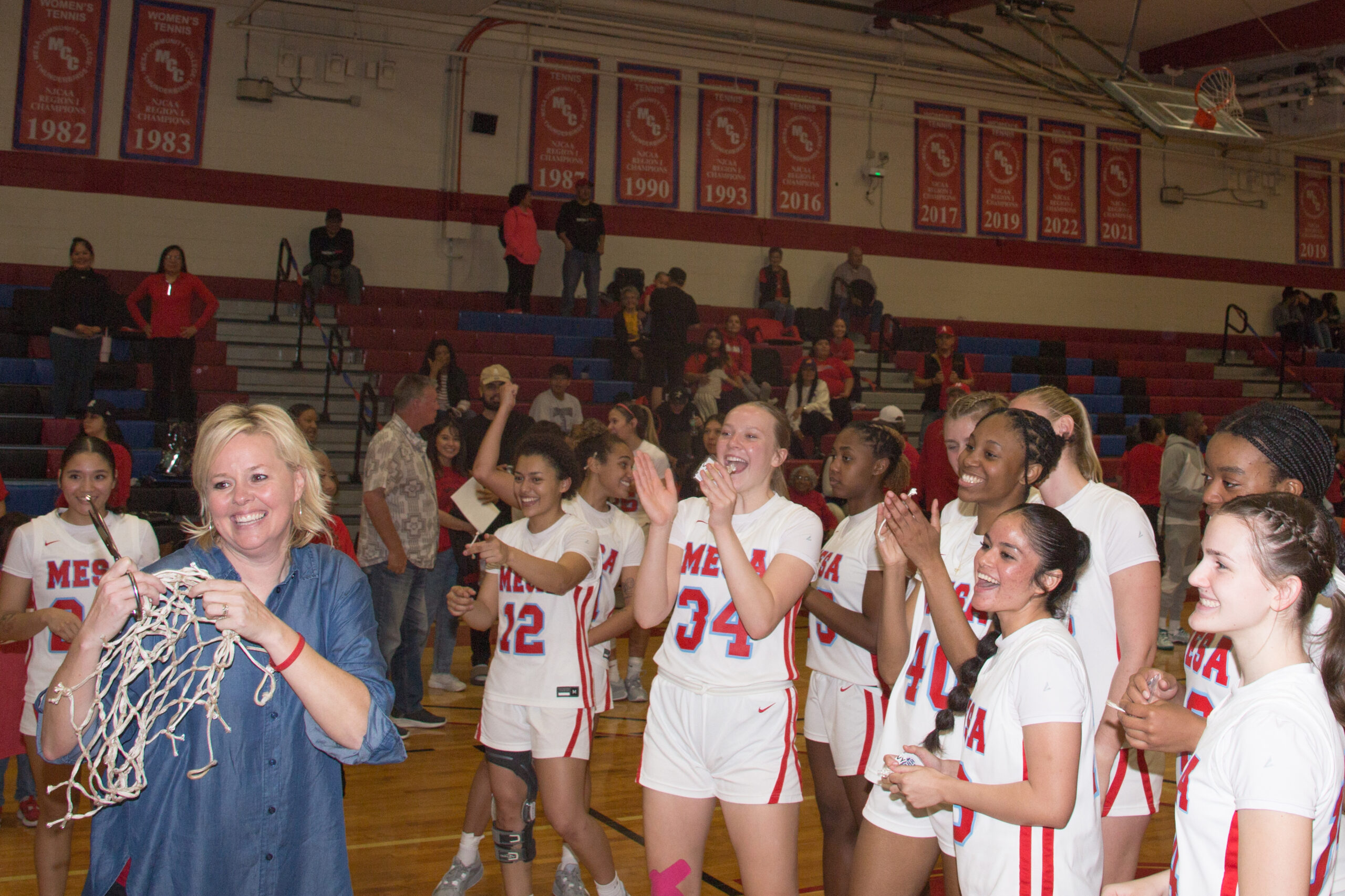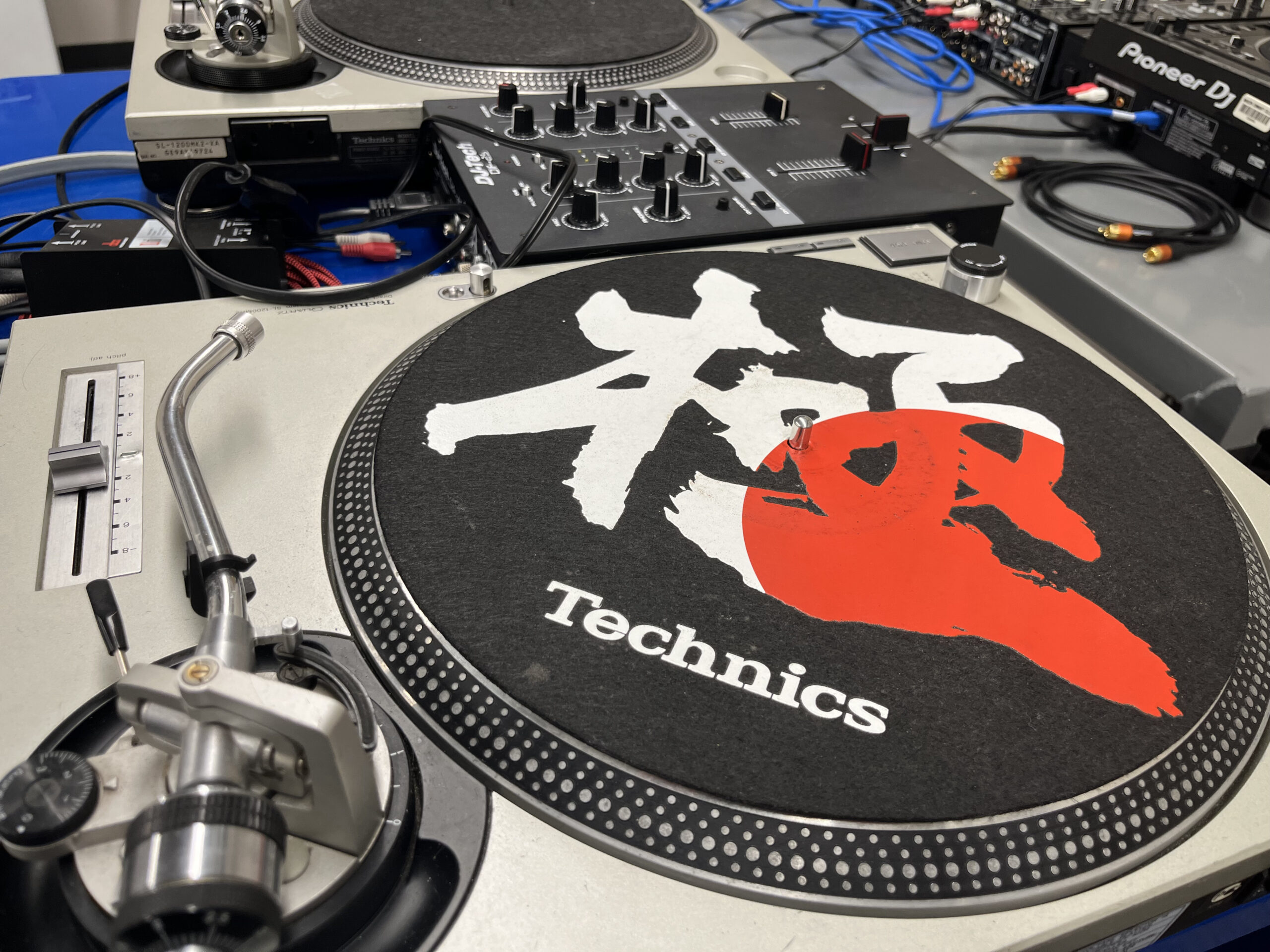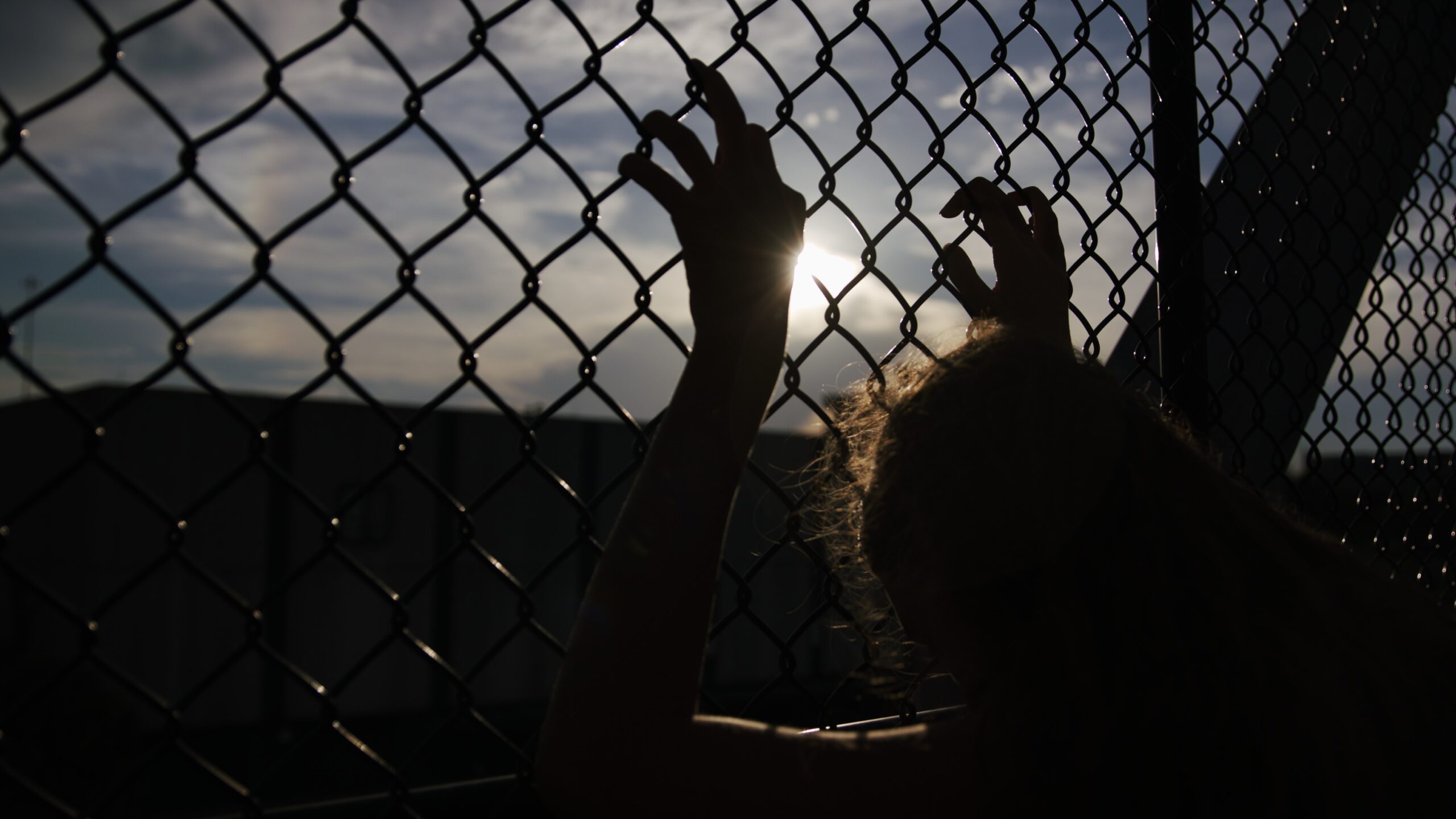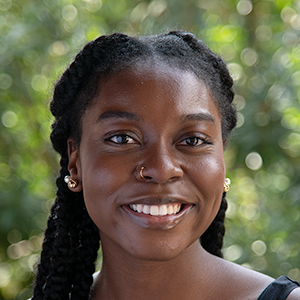MCC hosts virtual “Human trafficking 101” event
Mesa Community College held an online event, Human Trafficking 101: Protecting Yourself and Your Campus Community, on October 21 to inform students, faculty, and staff about human trafficking on campuses and in their daily lives.
MCC’s Center for Community and Civic Engagement met with Homeland Security and the Blue Campaign to inform the Mesa community about human trafficking. They hold awareness training throughout the United States.
The virtual session was moderated by Diego Luque, a campaign specialist for the Blue Campaign which is in the Office of Partnership and Engagement with the Department of Homeland Security.
Luque began by giving a precise definition of what human trafficking is.
According to Luque, human trafficking is sex trafficking where commercial sex act included by force, fraud, or coercion, or in which the perform such an act has not attained 18 years of age.
“It’s important to know how to spot the crime out and how to prevent it,” said Luque.
At the virtual session, Luque also touched on the potential people who are trafficked. He would address this so the attendees would know what people to look after.
According to Luque, he and his colleagues at Blue Campaign do not discriminate when it comes to a person that is being trafficked. Economic instability and dependence, alcohol or substance abuse, and immigration status were three factors of people affected by human trafficking.
“We assume that the victim has already been victimized,” said Luque when discussing how to approach victims of human trafficking.
According to Luque, Blue Campaign and Homeland Security does not rule anyone out of being a trafficker. Romantic partners, employers, community leaders, family members and friends, and strangers are all people who could be traffickers.
“We are here to teach people that this is a crime, and we are here to help,” said Luque.
Luque stated there are many ways traffickers find and use people to be trafficked. Popular places on campus, parties, social media, fake offers of employment, and the lack of a person’s financial instability are all ways this act can occur.
Luque discussed different myths and realities that people connect with human trafficking. During that portion of the virtual session, Luque took responses from attendees to share about what usually comes to mind when thinking about human trafficking.
According to Luque, the indicators of human trafficking on campuses are social, physical, or behavioral signs. These would be the signs that the student shows.
Luque described the social indicator by explaining how some students start to use drugs and alcohol, leading to them not being in control of their own money. This action would lead to their partner being in control of them.
The physical signs included a dramatic change in behavior and not speaking up for themselves.
“One of these factors have to exist to be considered human trafficking. People under eighteen are automatically considered victims of human trafficking,” said Luque.
Luque shared two examples of women being trafficked to the attendees. The videos Luque showed were videos that are shown to other attendees at other human trafficking events.
The first video was a woman named Rachel who was a victim of human trafficking when she was in college. The second video was an animated video of a young woman named Mia who was trafficked by a man she met online.
According to Luque, online safety and job promises are lifestyle factors that could save a person from being trafficked. Filtering your social media to people you know and being aware of false job advertisements are factors to consider as well.
The Department of Homeland Security and the Blue Campaign developed a student toolkit with tips on how and when to recognize human trafficking on campus, posters to hang around the campus, and ideas for awareness events.
The Blue Campaign had many other informational materials about human trafficking including public awareness materials, guides for youth and adults, and prevention posters.
The Department of Homeland Security suggests that callers do not approach the suspected victim or suspected trafficker when calling either hotline.
U.S. Department of Homeland Security (DHS) Tipline: 1-866-347-2423
National Human Trafficking Hotline: 1-888-373-7888











